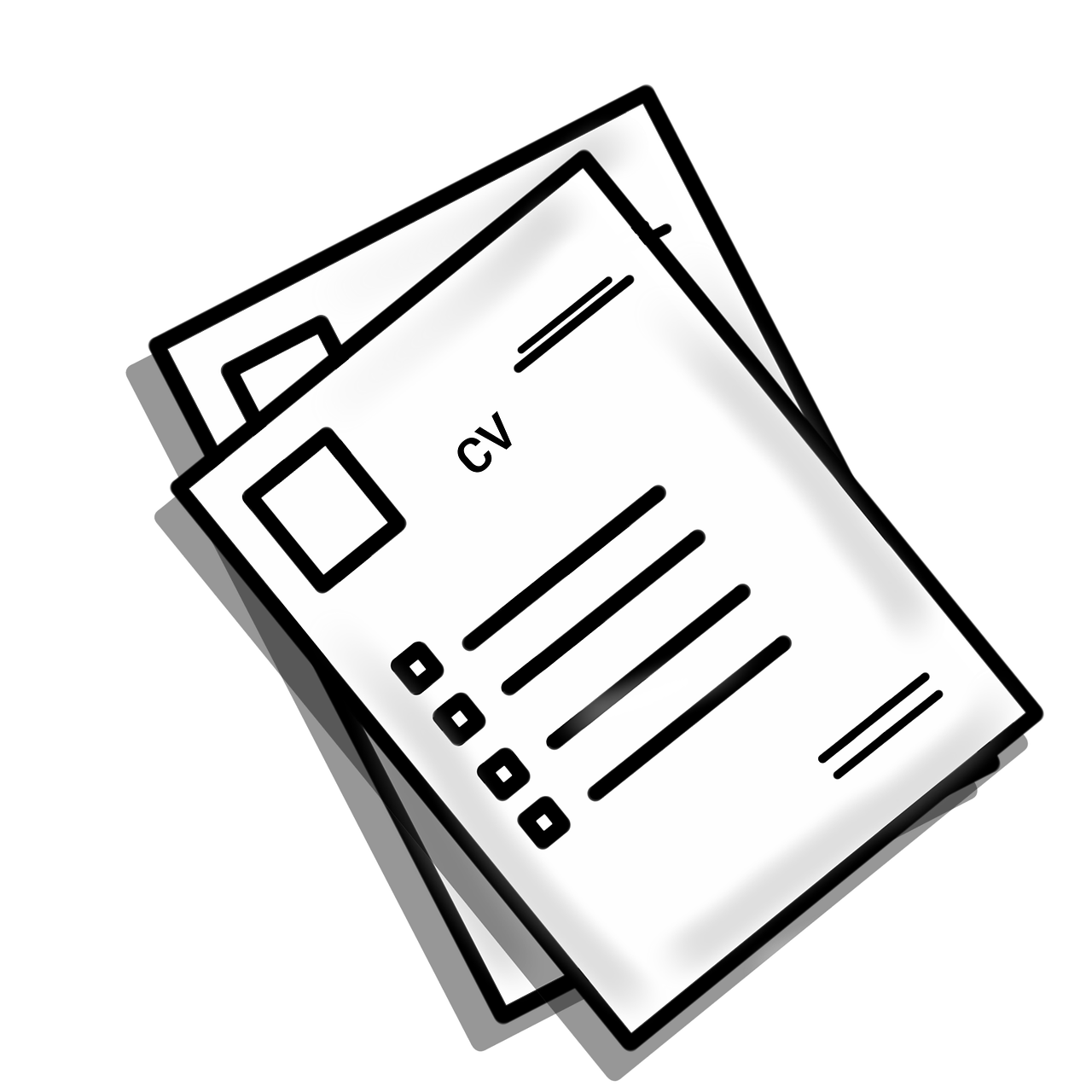The age-old process of looking for a job is changing. If it’s been a while since you looked for a new job, you might be surprised to know that the way you get noticed and called in for an interview has changed in an important way over the past several years.
More than ever, companies are utilizing artificial intelligence (AI) tools to streamline the way they screen candidates and select the best ones for a particular role or team. Entire companies have emerged that are working to optimize the hiring process, like Censia. These companies use AI-powered tools to help recruitment managers spend less time searching and more time focusing on promising candidates that are most likely to succeed. The technology also benefits candidates because it reduces the time they’ll spend waiting to hear back from a recruiter. The entire hiring process is streamlined, to the benefit of both employers and jobseekers.
However, this shift to AI-based recruitment tools means that candidates entering the job market for the first time (or for the first time in a while) will need to take a good look at their resume to ensure they’re communicating the right message and getting noticed. Here are a few things you need to know to make yourself more marketable in the increasingly digital, AI-powered hiring world.
Adjusting Your Resume and CV

When you are applying for a position, pay close attention to the keywords in the job description. AI recruitment tools often search for keywords to narrow an applicant pool down to a few candidates that might be a good fit. However, you should also know that today’s AI tools are more intelligent—many are emerging that do not search on a strict keyword basis.
Many AI tools now use neural networks to create a detailed model of the ideal candidate, then assess candidates’ skills and experience to see if there’s a good match. Censia’s Talent Intelligence technology works in this way: it uses dozens of characteristics and attributes to build a searchable model, rather than just scanning resumes for keyword hits. For job seekers, that means you’ll want to make sure any relevant information is well represented on your resume and CV. Read the job description closely to see what kind of experience or abilities the role demands, then make sure you emphasize these in your resume or cover letter.
Avoid packing your resume and CV with keywords aimed at attracting the attention of a bot. Remember, sophisticated AI hiring tools can detect keyword stuffing and other tricks, so there’s no need to do this. Plus, if you make it past the initial screening, a human will still review your materials at some point down the line. They are not likely to be impressed if your resume and cover letters are full of keywords, but poorly written and with little substance.
Cultivating Your Online Presence
Whether you like it or not, much of our lives are online now, and you can use this to your advantage in the job search. Keep your information current and up-to-date on networking sites like LinkedIn so that recruiters can find you. You may also wish to create a professional blog or website, or a professional social media account (like Twitter) to give yourself more visibility in Google searches online. AI tools often comb through talent pools on various public networking sites, looking for qualified candidates. If you keep your contact information and relevant job information current, you might be called for an interview for a job you haven’t applied to yet.

Take the time to ensure your online presence represents you accurately. (Maybe hide those old college photos from nights out on the town.) Many recruiters will eventually take a look through any of your available public profiles, and you can almost guarantee they will search for you online. Keep in mind, though, that the answer isn’t to erase your online presence completely. On the contrary, the internet can be a great way to advertise yourself. If you have no social media or other online presence at all, it could put you at a significant disadvantage, particularly as AI recruitment tools become more common.
Prepare for Digital Interviews
AI technology has even started making its way into the interview process itself. Prepare yourself for the possibility of a virtual initial screening. These allow AI tools to ask all candidates the same several questions, while analyzing body language, facial expressions, and tone of voice during the interview. Again, this process is designed to save recruiters and jobseekers time, by only advancing the most qualified candidates to the next phase of the interview process. Because of that time saved, recruitment managers can afford to give you more focused attention during your face-to-face interview. Once you get to this stage of the process, they will have more time to get to know you, and you’ll have time to decide if this is the right fit for you as well.

